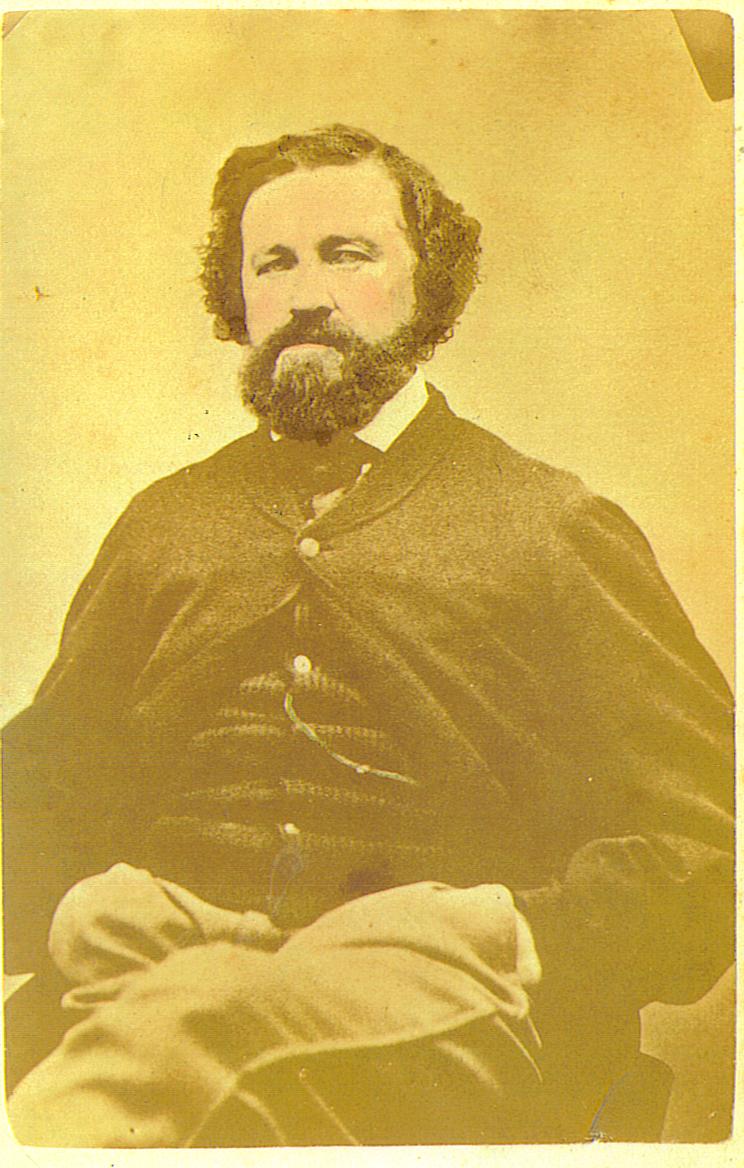Table of Content
Several nonstandard grammatical features exist, such as irregular plural forms like housen for "houses". South West England or "West Country" English is a family of similar strongly rhotic accents, now perceived as rural. It originally extended an even larger region, across much of South East England, including an area south of the "broad A" isogloss, but the modern West Country dialects are now most often classified west of a line roughly from Shropshire via Oxfordshire. Berkshire and Hampshire are on the modern-day border between Estuary English and West Country English. Berkshire is predominantly non-rhotic today, but traditional accents may still be found across the county.

Similarly Cornwall was a British kingdom before it became an English county. The term “shire” is not used in the names of the six traditional counties of Northern Ireland. As a ceremonial county, Greater London has a Lord-Lieutenant and a High Sheriff, both appointed by the British monarch, but Greater London is not one of England’s historic counties. Greater London is split between parts of the historic counties of Middlesex, Essex, Surrey, Kent and Hertfordshire.
What is the flattest county in England?
It seems we’re not alone – Kent has become one of the most desirable places to live in the whole of the UK. Paul Arnold is an education expert with over 25 years of experience in the field. He has worked in both public and private schools, as well as colleges and universities. Paul is passionate about helping students learn and grow, and he has written extensively on the topic of education.
In the survey, 36% to 40% of respondents did not know whether all of the most common candidates for Home County were members of the same group. Using net scores improves the visibility of the Home Counties’ borders. There are healthy leads for Buckinghamshire, Surrey, and Hertfordshire in the area. As a result of their larger geographic areas, the counties of Hampshire , Oxfordshire , and Cambridgeshire are less likely to be included in the Homecounties.
Why do they call it the Home Counties?
The name Kent derives from the ancient Celtic tribe who inhabited South East England from the Thames to the south coast. Their lands included modern Kent plus parts of Surrey, Sussex and Greater London. The Romans called the people the Cantii or Cantiaci and the county Cantium. Because TH-fronting was not a common feature of English before it spread across the globe, this tells us that TH-fronting didn’t develop from just one accent. Instead, it’s a progression of language change as people try to make our language easier to speak.

Right at the heart of the UK, Northamptonshire is well-known for bordering with eight other counties. Only Gloucestershire can match that amount of borders – despite one of those is with a Welsh county – so we can say we have the most English county neighbours at least. EF's GO blog offers the latest on travel, languages, culture, international careers and student life. We live and breathe this stuff here at EF and hope GO inspires, excites and helps you plot your next steps in life. This county’s dialect is so distinct, you can immediately tell if someone comes from Essex. They’ll pronounce words like no as NA-hw and drop the th sound from words like think, so they’d say fink instead.
West Country
Kent is a county in South East England and one of the home counties. It borders Greater London to the north-west, Surrey to the west and East Sussex to the south-west, and Essex to the north across the estuary of the River Thames; it faces the French department of Pas-de-Calais across the Strait of Dover. London is located in the county of Greater London, an administrative area that includes 32 boroughs plus the City of London. Kent, administrative, geographic, and historic county of England, lying at the southeastern extremity of Great Britain. Middlesex dates back to the 8th Century but Middlesex County Council was abolished in 1965. So too does the historic county of Middlesex even though most of its inhabitants now live in the ceremonial county of Greater London.

In addition, Mersea Island showed some rhoticity in speakers born as late as the early 20th century, a feature that characterised other rural dialects of South East England in the 19th century. Th-fronting, a feature now widespread in England, was found throughout Essex in the 1950s Survey of English Dialects, which studied speakers born in the late 1800s. Many words are unique to 19th-century Essex dialect, some examples including bonx meaning "to beat up batter for pudding" and hodmedod or hodmadod meaning "snail".
It’s an accent that’s become much more well known thanks to reality TV shows starring people from Essex, much to everyone else’s chagrin. People with a Brummie accent would say the word ‘hello’ as heh-LOUW instead of HEH-low, although there are lots of variations of the accent across the city (it’s the third-largest city in England). Apparently it’s seen as one of the nicest and most trustworthy dialects by other people in the UK, but personally I’ve never met a trustworthy Yorkshire person (just kidding, they’re lovely).
South London Accent is a lower middle class accent, with some distinctive word borrowing from Cockney English. Sounds a little like liverpool to me but with a clearer more distinct pronunciation. (Lillipudian?) There is also a Black South African Accent which is even easier to understand. Basingstoke is located in the county of Hampshire, South East England, seven miles south-east of the town of Tadley, and 45 miles south-west of London.
The Kentish and Sussex dialects were strongly rhotic until after World War II and it is possible that rhoticity lasted until as recently as 2005 in certain pockets. Commentators report widespread homogenisation in South East England in the 20th century (Kerswill & Williams 2000; Britain 2002). Now spread throughout the South East region, Estuary English is the resulting mainstream accent that combines features of both Cockney and a more middle-class RP.

Less affluent areas have variants of Estuary English that grade into southern rural England outside urban areas. As of the 21st century, a wide class of dialects labelled "Estuary English" is on the rise in South East England and the Home Counties , which was the traditional interface between the London urban region and more local and rural accents. The counties are not explicitly defined, but they are frequently included in definitions, in addition to Buckinghamshire and Surrey. Romsey is located in the county of Hampshire, South East England, five miles north of the town of Totton, seven miles north-west of the major city of Southampton, and 70 miles south-west of London.
This region’s accent is made up of the accents of the various counties that make up it. Modern Estuary dialect features were also reported in traditional varieties, including L-vocalization e.g. old as owd, as well as yod-coalescence in Kent. The pronunciation of /iː/ as [ɪ] in words like been or seen was also once a feature of both counties.
The coastline is also home to a number of important shipping routes, including the English Channel and the Thames Estuary. Hertfordshire is very renowned for being a wealthy county which means there are some very expensive houses. In the richest parts of Herts, some homes can sell for around £1 million in areas like Radlett and Harpenden but don’t worry, there are also some cheaper and more affordable homes too. The combination of the connectivity, picturesque surroundings, great schools & jobs and great weather makes Kent, in our view, the perfect place for a family home.

No comments:
Post a Comment